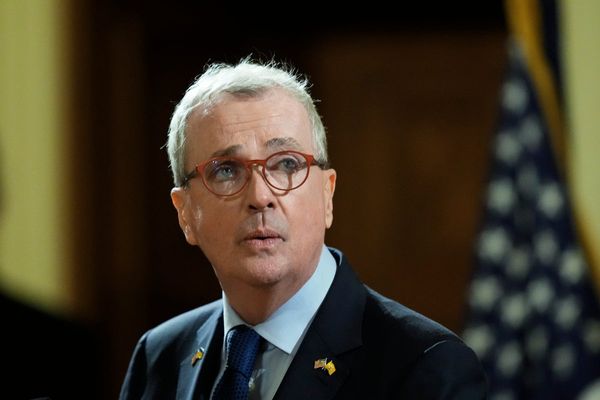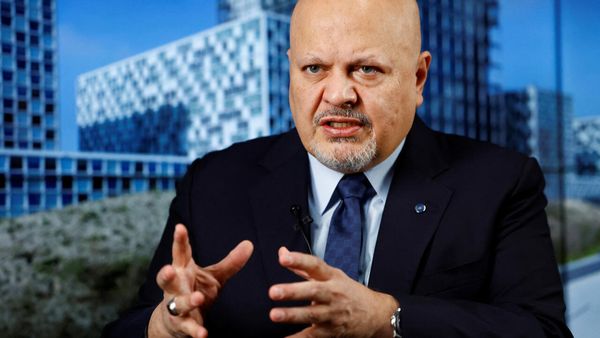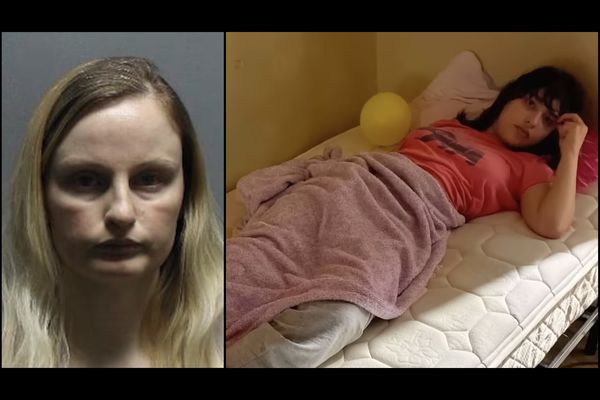
Australia has given regulatory approval for faecal transplants, the first country in the world to do so.
For such a transplant, poo donors – who have to meet a list of conditions – provide healthy genetic material from their microbiomes. The microbes are collected and delivered into the gastrointestinal tract of an unhealthy person, where they have been shown to treat conditions such as the potentially deadly bacteria Clostridium difficile colitis (C diff).
Transplants are currently delivered through the colon, but oral delivery is expected to be available before too long.
BiomeBank, in Adelaide, is the first company in the world to have regulatory approval for a donor-derived microbiome therapy.
The Therapeutic Goods Administration granted approval for faecal microbiota transplants as a low-risk biological for the “restoration of gut microbiota in the management of gastrointestinal disorders”.
The managing director of BiomeBank, Sam Costello, said the product had been provisionally available to patients for several years, but regulation would ensure “essentially a pharmaceutical standard”.
“We’re the first to meet that standard,” he said.
“That approval should give doctors confidence to prescribe this therapy.”
Human microbiomes – particularly in western countries – have become increasingly depleted from both environmental and dietary changes.
Studies have found links between the microbiome and mental health, cancer, immunity, obesity and other conditions.
The TGA approval is only for the treatment of recurrent C diff, but Costello said it opened a path to approve microbiome therapies for other conditions.
C diff is a common gut bacteria that can turn toxic and cause severe diarrhoea and illness in vulnerable people. It often spreads in hospitals and can be resistant to treatment.
BiomeBank has been building a library with strains of bacteria from donors to tackle C diff and, eventually, other disorders.
BiomeBank’s head of donor screening, Dr Emily Tucker, said it had been a challenge to get the right donors since the pandemic subsided.
While people were unable to travel they weren’t picking up exotic gut parasites, and fewer people were getting sick as a side effect of avoiding Covid, so there were fewer colds or antibiotic prescriptions, all of which rule out potential donors.
Good donors are sometimes called unicorns because they are so rare. They have to be screened and assessed as healthy before making a donation in a special donor room, after which the right strains of bacteria are isolated and categorised. The donors receive a small compensation for their time.
“It has been tricky,” Tucker said.
“But we’ve got a good collection of donors now. It’s hard work to find them, but they become really engaged and driven by the desire to provide something that does so much good.”
As for those on the receiving end, Tucker says people should speak to their doctor.
“There are very well-defined criteria for which patients would be able to have this therapy,” she said.
The next stage, Costello said, was to create a second-generation artificial version that can be scaled up and taken to the world – a “super poo” that can target specific diseases.
“Our main ambition is to create a cultured version of the product,” he said.
“We have a large culture collection of strains, of individual bacteria that have been collected from these screened donors and we are working to culture these together to create an artificial version of a faecal community.
“Such a therapy would have advantages in the sense it wouldn’t need donors and would be able to be more closely defined in its composition and also scalable so you could supply a far larger number of patients more easily.”







